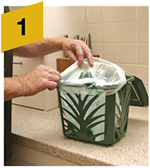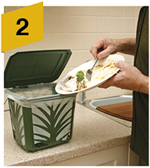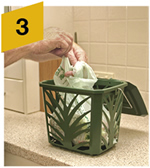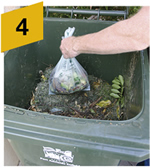What goes in my green organics bin?
On this page:
- Items that can go in the kitchen caddy and green organics bin
- Items that cannot go in the kitchen caddy and green organics bin
- How to use your kitchen caddy
It is important that you only place compostable items into your green organics bin (or into your kitchen caddy first) to avoid contamination.
Items that can go in the kitchen caddy and green organics bin
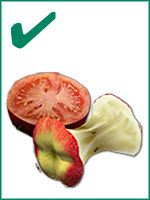
Fruit and vegetable scraps
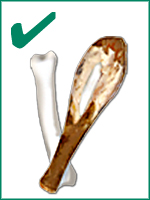
Meat and bones (cooked or raw)
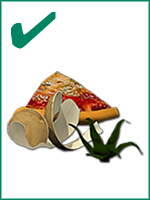
Cooked and processed foods
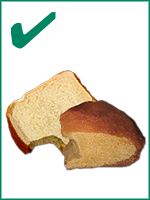
Cake and bread scraps
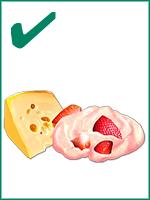
Dairy products (e.g. cheese and yoghurt)
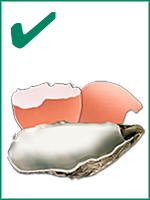
Egg and oyster shells
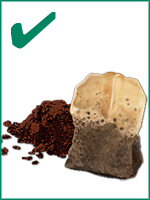
Tea bags and coffee grounds
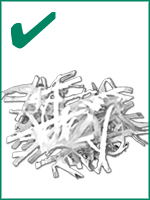
Shredded paper
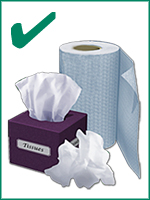
Tissues and paper towels
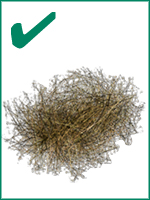
Hair
Items that cannot go in the kitchen caddy and green organics bin
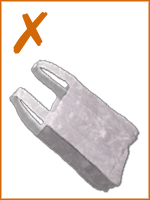
Plastic bags
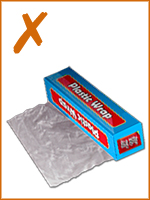
Cling wrap
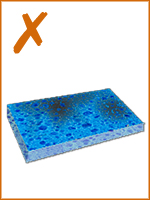
Dishcloths and sponges
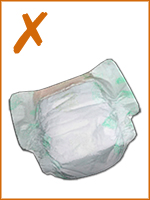
Nappies
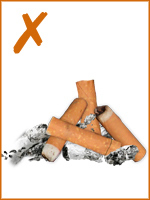
Cigarette butts or ash
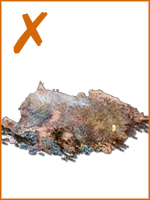
Vacuum dust
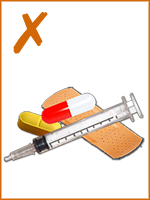
Medical waste
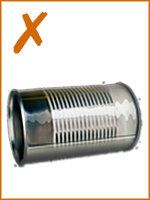
Cans and metals
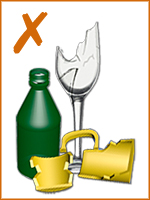
Glass and ceramics
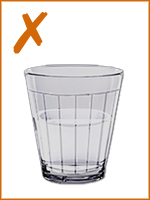
Liquids
How to use your kitchen caddy
- Always line your kitchen caddy with the provided compostable bags supplied by Council. Regular plastic bags, even the ones labelled ‘biodegradable’, will not break down in compost.
- Place all your food scraps into the lined kitchen caddy. Remember:
- Allow hot food to cool first.
- Freeze any meat and seafood you want to dispose of until your bin collection day (to avoid odours).
- Remove the bag and contents from your kitchen caddy every 2-3 days.
- Place the bag into your green organics bin and place out for normal collection, even if it is not full.
Note: If you are running low on compostable bags contact the Waste Line on 1800 777 844.
